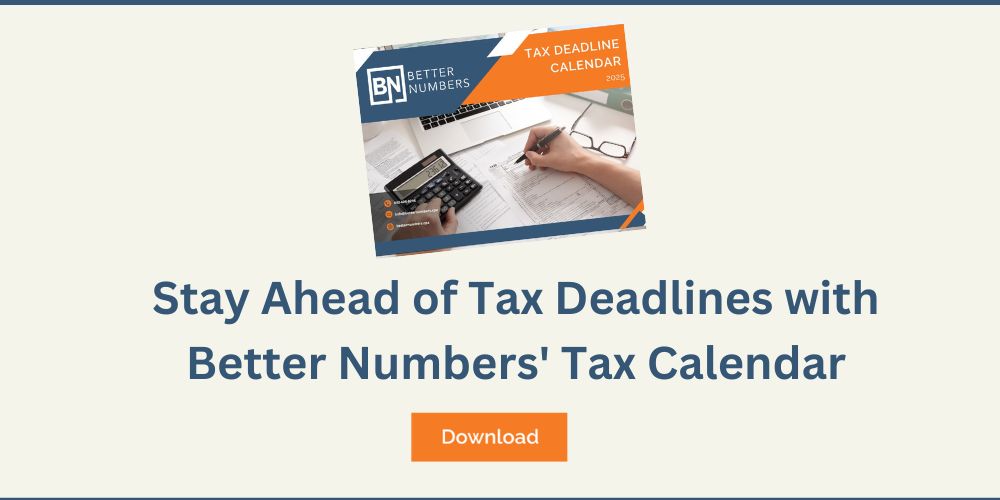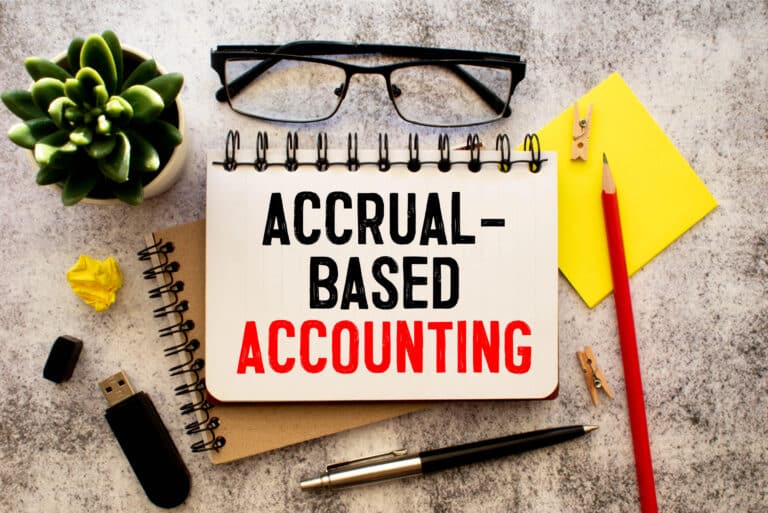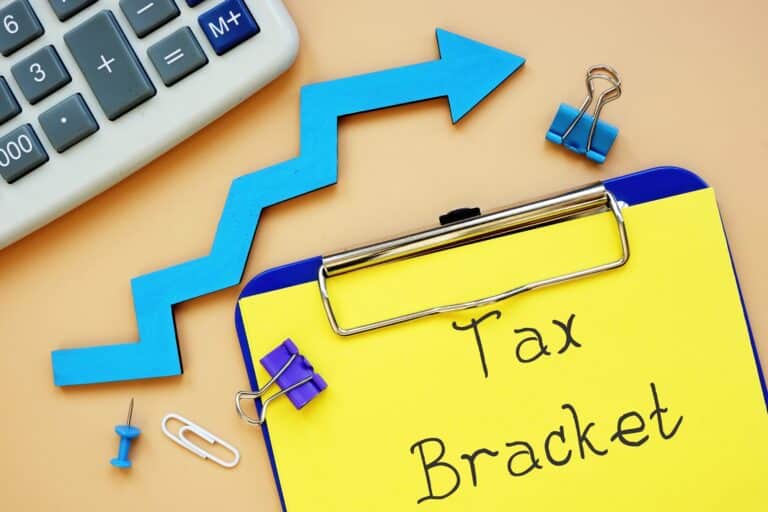- Introduction
- Taxing Authorities
- Personal Taxes
- Business Taxes
- Conclusion
Introduction
While we have customers and employees all over the country, we are headquartered in Bluffton, South Carolina. As one can imagine, a number of our customers are located within Beaufort County (Bluffton & Hilton Head, primarily) for at least part of the year. As such, we get a lot of questions about Beaufort County, SC taxes. This blog post is meant to be a resource for those who live in Beaufort County, considering moving to Beaufort County or even starting a business in the area. Therefore, we will also cover some taxes which are statewide taxes. Let’s dive in.
Taxing Authorities
Municipalities
Beaufort County, SC consists of four municipalities, plus Unincorporated Beaufort County which is governed and taxed by the County government. When I reference Beaufort County-specific tax rates in this post I am referring to areas that are not within a municipality. If you live or are starting a business in the area, it’s important to know which municipality(s) you will be dealing with. The municipalities are as follows:
Government Agencies
If you live or do business within one of the municipalities, you are likely going to deal with one or more of the municipal governments linked above. Many of the taxes you will pay will be collected by a higher-level of government, such as the county or the state. However, there are some taxes and fees, which I will detail below, which are paid to the municipal government(s).
In addition to the municipal governments linked above, you likely also deal with some or all of the below:
Beaufort County Treasurer
The Treasurer is an elected official in Beaufort County. The Treasurer and their office sends and collects tax bills. The Treasurer’s office also has a really slick method for online tax payments and record retrieval which you can find here.
Beaufort County Auditor
The Auditor is also an elected official in Beaufort County. The Auditor and their office are responsible for determining the values of property and calculating the amount of taxed owed.

Beaufort County Assessor
The Assessor is hired by the County Administrator within the Beaufort County government. It is not an elected position. The Assessor and their office, among other things, are responsible for appraisals of real property, appeals of real property values and handling Legal Residence Applications (covered further below).
South Carolina Department of Revenue (SCDOR or DOR)
The SCDOR is the agency that is responsible for administering the tax laws of the state. They also administer some county and municipal tax laws for the convenience of the taxing authority and the taxpayer. You are most likely to interact with DOR if you’re paying quarterly estimated taxes, remitting sales tax for your business, or withholding state taxes on behalf of employees. The website taxpayers use to interact with the SCDOR is called MyDORWAY.
South Carolina Department of Employment and Workforce (SCDEW or DEW)
The SCDEW is the agency that is responsible for administering the state’s unemployment insurance program. While generally not applicable to individuals for the purposes of this article, it does apply to business owner’s operating in Beaufort County. The website business owners use to file and pay unemployment taxes (technically it’s insurance, not a tax) is called SUITS.
Personal Taxes
Personal taxes are taxes that you pay…well, personally. The below are the list of taxes you are most likely to incur while residing in or visiting Beaufort County, SC.
Income Taxes
Income taxes are taxes you pay on your income. Examples of income would include wages, tips, commissions, etc. Beaufort County, SC does not have a local income tax. However, residents will pay state income tax. The state income tax brackets are currently as follows:
- 0% – up to $3,460 of income
- 3% – between $3,460 and $17,330 of income
- 6.2% – above $17,330 in income
Taxes on Capital Gains
While Beaufort County does not have a county-specific capital gains tax, the State of South Carolina provides a deduction for 44% of net recognized capital gains within the state. The deduction applies to long-term capital gains, in other words, assets held for more than one year. This is particularly helpful to retirees or those that are living off of investments.
Taxes on Rental Real Estate
Your net income from rental real estate factors into your federal taxable income. Your federal taxable income is the starting point for your South Carolina taxable income. Therefore, net income from rental real estate in South Carolina will be subject to income tax as outlined above. However, in addition to income tax, rental real estate is also subject to the following taxes:
Personal Property Tax
This is covered below and is different than real estate taxes (aka “property taxes”), but the content and furnishings of your rental are subject to this tax. Important note: for rental properties only, Business Personal Property Tax Returns are filed with the Auditor.
Accommodations Tax (A-Tax)
This is covered in greater detail below in the “Business” section of this article, but short term rentals (<90 days) are subject to both State Accommodations Tax, which is 7% plus the applicable local A-Tax rate:
Beaufort County – 4%
This rate includes a 3% Local Accommodations Tax plus a 1% County Green Space tax. Therefore, the total Accommodations Tax rate within Unincorporated Beaufort County is 11%.
Town of Hilton Head Island – 4%
This rate includes a 1% Local Accommodations Tax plus a 2% Beach Preservation Fee plus a 1% County Green Space tax. Therefore, the total Accommodations Tax rate within the Town of Hilton Head Island is 11%.
Town of Bluffton – 4%
This rate includes a 3% Local Accommodations Tax plus a 1% County Green Space tax. Therefore, the total Accommodations Tax rate within the Town of Bluffton is 11%.
City of Beaufort – 4%
This rate includes a 3% Local Accommodations Tax plus a 1% County Green Space tax. Therefore, the total Accommodations Tax rate within the City of Beaufort is 11%.
Town of Port Royal – 4%
This rate includes a 3% Local Accommodations Tax plus a 1% County Green Space tax. Therefore, the total Accommodations Tax rate within the Town of Port Royal is 11%.
For rental real estate, whether or not you need to collect and remit the above taxes, or from your 3rd party (e.g. AirBNB) depends on your facts and circumstances. Thankfully, the SCDOR has a handy chart you can follow here.
Business Licenses
The following will also require you to obtain a business license if you own a rental property:
- Town of Hilton Head Island
- Town of Bluffton
- City of Beaufort
- Town of Port Royal
Taxes on Retirement Income
Much like rental real estate income, retirement income factors into your federal taxable income, which is the starting point for your South Carolina taxable income. While Beaufort County does not have any separate taxes for retirement income, retirement income in South Carolina receives favorable treatment. This is in addition to the favorable treatment of capital gains listed above. The following items are subtracted from federal taxable income to arrive at your income which is taxed in South Carolina:
- Interest Income from obligations of the U.S. government, for example, T-Bills
- Social Security Income which is taxed at the federal level
- Retirement Income Deduction: “An individual taxpayer receiving retirement income from their own plan may deduct up to $3,000 of qualifying retirement income annually until reaching age 65. After reaching age 65, they may deduct up to $10,000 of such retirement income annually.”
- Deduction for those 65 and older: “Resident individuals who are 65 or older by the end of the tax year are allowed an Income Tax deduction of up to $15,000 against any South Carolina taxable income. Amounts deducted as retirement income reduce this $15,000 deduction. Amounts deducted as a surviving spouse do not reduce this $15,000 deduction.”
Sales Tax
Sales tax is collected and remitted by businesses to the South Carolina DOR, however, it’s ultimately paid by the consumer. The statewide sales tax is 6%, and local governments have the option and opportunity to add up to three additional 1% sales taxes (up to 9% total sales tax) by referendum for select purposes. The sales tax rates within Beaufort County are as follows:
The sales tax rate in all areas of Beaufort County, including the municipalities, is 7%. This includes a 1% Green Space Tax which went into effect on May 1, 2023.
Real Estate Taxes
Real estate taxes are collected by the Beaufort County Treasurer for residents in all areas of Beaufort County, including the municipalities. The biggest thing to know here is regarding Act 388, passed in 2006 by the SC State Legislature. Essentially, Act 388 removed school taxes from owner-occupied homes. Therefore, the tax on non-owner occupied homes, such as second homes and rentals, is significantly higher than owner-occupied homes. I will cover this topic in detail in a subsequent blog post.
Homestead Exemption
South Carolina offers a Homestead Exemption to “homeowners over age 65, totally and permanently disabled, or legally blind” on the first $50,000 of the fair market value of your legal residence. To receive the Homestead Exemption, tax payers must apply with the County Auditor. Further information is available on the Auditor’s website here and the Homestead Exemption application form is available here.
Real Estate Transfer Fees
The Town of Hilton Head Island imposes a real estate transfer fee of 0.25% of the sale price. The transfer fee is usually included in the closing costs. There are no transfer fees in the other areas of the county.
Motor Vehicle Taxes
In South Carolina, a tax is levied on motor vehicles based on the fair market vehicle. This tax is calculated by the County Auditor and collected by the County Treasurer. The tax is annual and must be paid before registration and license plates are issued. New residents have 45 days after moving into South Carolina before their vehicle has to be registered. Listings of the fair market values used to calculate the tax are not publicly available, however, you can estimate what your vehicle tax might be here.
Recreational Vehicle Taxes
Much like vehicles, recreational vehicles, such as boats and RVs are assessed an annual property tax.
Business Taxes
Running a business is tricky enough. Trying to figure out all of the taxes you need to pay, when to pay them and to whom, is usually a topic that’s confusing to business owners. In this section, lets dive into the taxes that are specific to running a business in Beaufort County.
Business Income Tax
Beaufort County, SC does not have a specific tax on income. However, South Carolina does. For Active Trade or Business income, individuals, trusts and estates can elect to have the business income taxed at a lower rate than the marginal rates detailed above. This applies to income from passthrough entities, such as sole proprietorships, S Corporations and partnerships. The tax rate on this type of income is a flat 3%, and the election is made on Form I-335 of your personal income tax return.
For passthrough entities that want to take advantage of the Passthrough Entity Tax election as a SALT cap workaround and pay the tax on their business tax return, this election is made on Form I-435 with their business income tax return.
C Corporations are not passthrough entities and in South Carolina those entities are taxed at a flat 5%. Much like personal income taxes, the starting point for determining taxable income for a C Corp in South Carolina is the entity’s federal taxable income.
Unemployment Insurance
The unemployment insurance rate your business will pay on applicable wages is going to be determined by your projected benefits cost as well as the overall funding level of the state’s trust fund. Wage reports need to be filed quarterly with SCDEW on the following dates:
- April 30
- July 31
- October 31
- January 31
Sales Tax
South Carolina has a 6% sales tax rate which generally applies to all retail sales. As of the time of this writing, Beaufort County does not have a Local Option Sales Tax (LOST) which would allow municipalities to impose an additional 1% sales tax. Sales tax is collected by the business and then remitted to SCDOR. Sales tax returns can be filed and paid online via MyDORWAY.
Hospitality Tax (H-Tax)
Hospitality tax is a sales tax, and functions like a sales tax in that businesses collect the tax from consumers and remit the tax to the proper taxing authority. Generally, H-Tax is used to fund public safety and infrastructure projects. This is also a method of capturing tax revenues from tourists. State sales tax (6% and remitted monthly) and alcohol tax (5% and remitted monthly) will sometimes apply in addition to the below, depending on what’s being sold.
Unincorporated Beaufort County – 2%
Business collect this tax in the unincorporated portion of the county and remit them directly to the county. The tax applies to prepared food and beverages. The tax is remitted monthly on the 20th day of the month by using this form.
Town of Hilton Head Island – 2%
Businesses collect this tax and remit them directly to the town. The tax applies to prepared food, meals and beverages. The tax is remitted quarterly on April 20th, July 20th, October 20th and January 20th.
Town of Bluffton – 2%
The tax is collected by businesses within the Town of Bluffton and remitted directly to the town. The tax applies to prepared meals and beverages. The amount of tax collected will determine the filing schedule. Payments can be made online via this website.
City of Beaufort – 2%
The tax (which Beaufort calls a “fee”) is collected by businesses within the City of Beaufort and remitted directly to the city on a monthly basis. The tax applies to “all food and beverages served by a restaurant, hotel, motel, or other food service facility.” Payments can be made online via the instructions on this website.
Town of Port Royal – 2%
The tax (which Port Royal also calls a “fee”) is collected by businesses within the town and remitted directly to the town on a monthly basis. The tax applies to all “food and beverages served by a restaurant, hotel, motel or other food service facility.” Payment is remitted monthly on the 20th day of the month by using this form.
Accommodations Tax (A-Tax)
Accommodations Tax is covered above in the rental real estate section, so I won’t repeat most of that here. However, in this section I will address how and when to remit this tax.
Unincorporated Beaufort County
This payment is due the 20th of each month and can be remitted by using this form.
Town of Hilton Head Island
The tax is due quarterly on April 20th, July 20th, October 20th and January 20th and can be paid online here.
Town of Bluffton
The amount of tax collected will determine the filing schedule. Payments can be made online via this website.
City of Beaufort
Payments are due monthly and can be made online via the instructions on this website.
Town of Port Royal
Payments are due monthly on the 20th day of the month by using this form.
Business Licenses
If you are doing business in Beaufort County, you’re going to need a business license. Business licenses also apply if you work from home. Not only will you need a business license for where your business is located, but you’ll need a business license for each municipality that you do business in. For instance, if you have an HVAC company with an office in Bluffton, but service customers on Hilton Head Island and in Unincorporated Beaufort County, you will need three business licenses: 1) Bluffton, 2) Hilton Head Island and 3) Beaufort County.
As mentioned above, there is no local income tax on businesses anywhere in Beaufort County, however, business licenses function like an income tax in that they are calculated based on the gross receipts of the business.
Here is some more information that’s specific to each area of the county:
Unincorporated Beaufort County
New businesses doing business within the unincorporated area of the county will need to obtain a business license and can find the application to do so at the bottom of this page. The fee schedule is also located on this page and is based on the NAICS code of your business. Renewals are due by April 30th each year.
Town of Hilton Head Island
The business license application process and deadlines for Hilton Head are very similar to that of Unincorporated Beaufort County above, though the fees will be specific to Hilton Head. You can begin the process for obtaining a business license via this page.
Town of Bluffton
Ditto the above for Bluffton and you can begin the process for obtaining a business license here.
City of Beaufort
Ditto again for Beaufort and you can begin the process for obtaining a business license here.
Town of Port Royal
Ditto one last time for Port Royal and you can begin the process for obtaining a business license here.
Business Personal Property Tax (BPP)
In South Carolina, businesses are assessed at a rate of 10.5% of the value of their depreciable assets. Business Personal Property Taxes are calculated and filed by using Form PT-100 and in Beaufort County the PT-100 (except rentals) is filed with the SCDOR. Most of the businesses we work with have an accounting closing period of December 31st, and therefore have a BPP deadline of April 30th. PT-100s can be filed online using MyDORWAY.
SCDOR sends tax notices based on your PT-100 after September 1st and then payments are due by January 15th.
Conclusion
While Beaufort County, South Carolina is an attractive place to live and work from a tax perspective, especially relative to the high tax places many of our residents come from, there are a lot of moving pieces and things can get complicated. Hopefully you’ve found this guide helpful and if you ever need some guidance, we’re right here to help.




